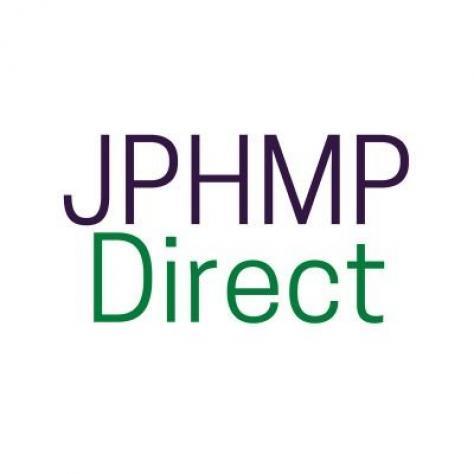Partisan Divides on Importance of Public Health Narrowed from 2018 to 2020 in a National Poll

In recent decades, public health has become politicized – both the governmental enterprise and the core concepts. There is partisan and ideological disagreement about the role of government, and this has translated pretty directly into disparate views on the role of public health in society. This gap has widened over the last 40 years. The General Social Survey, conducted since the 70s, finds a partisan gap of 15 to 25 points between Democrats and Republicans on the question of whether too little is spent on protecting and improving the nation’s health. This gap is especially pronounced in the last two decades. A recent poll from Research America shows a 9 point gap between Democrats and Republicans as to how important it is to protect and improve the public health system in the United States. These partisan differences gain substantial media attention, and perhaps contribute to the chronic underfunding of public health in the United States. What is relatively less discussed is that even with the partisan divide, the vast majority of the public supports public health as an enterprise and its individual activities. The General Social Survey? Sure, 83% of Democrats thought the US spends too little on public health in 2018, but so do 60% of Republicans. That Research America poll? Eighty six percent of Democrats think improving public health is an “urgent” or “high” priority, but so do 77% of Republicans. Even before COVID, there was substantial agreement in polls about the importance of public health. Data we analyzed in this month’s COVID supplement in JPHMP shows that partisan divide has potentially shrunk even more in the pandemic context.
A team of coauthors from the de Beaumont Foundation and the University of Minnesota Analyzed data collected independently by a polling firm, Public Opinion Strategies, in September 2018 and July 2020. De Beaumont had initially commissioned this poll to assess public perception about the importance of various social institutions and public health activities as related to community health. In 2018, the firm polled a nationally-representative sample o 1000 people and 800 people in 2020. After adjusting for design and non-response, we were able to examine individuals’ perceptions and correlates of partisanship. As we discuss in the article, we find substantial partisan differences in the overall importance of public health, and for a couple particular items. But overall, the partisan divide is modest for individual activities, and further narrows between 2018 and 2020.
Copyright: Journal of Public Health Management and Practice
In 2018, 72% of Democrats indicated public health was very important to community health; this increased to 85% in 2020. For Republicans, that increase was 44% to 62%. In looking at the individual activities respondents were asked about, every activity was viewed as more important in 2020 compared to 2018, except for communicable disease (which remained approximately as important across all political affiliations).
It’s hard to imagine a world where public health is no longer viewed through a partisan lens. It seems, though, that might be an objectively better world. One where science can be a neutral adjudicator of questions with import to social function, without ideology weighing in too heavily. It seems prudent to consider a reality like this, as it might lead to lives saved in the near and long-term alike. In the near term, we don’t have to look any further than coronavirus deaths per capita in the US compared to most other countries to understand that policy choices save (and cost) lives. But even in the long term, in a post-COVID world, it’s clear that there is partisan support from the public on the fundamentals of good public health practice and policy. It falls to the new administration and Congress to recognize this substantive agreement and act accordingly to protect and promote the public’s health.





